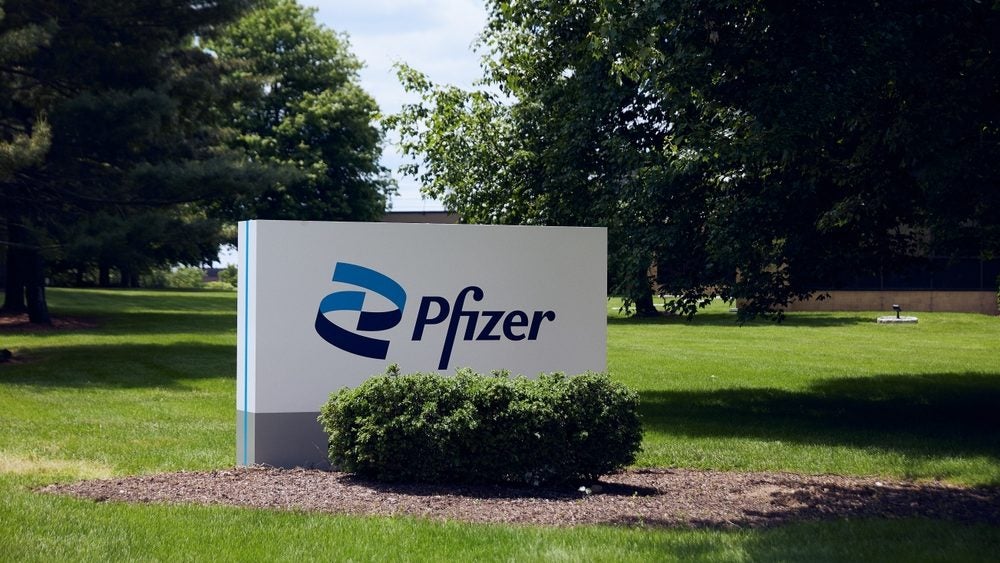Naporafenib is under clinical development by Erasca and currently in Phase I for Solid Tumor. According to GlobalData, Phase I drugs for Solid Tumor have a 70% phase transition success rate (PTSR) indication benchmark for progressing into Phase II. GlobalData’s report assesses how Naporafenib’s drug-specific PTSR and Likelihood of Approval (LoA) scores compare to the indication benchmarks. Buy the report here.
GlobalData tracks drug-specific phase transition and likelihood of approval scores, in addition to indication benchmarks based off 18 years of historical drug development data. Attributes of the drug, company and its clinical trials play a fundamental role in drug-specific PTSR and likelihood of approval.
Naporafenib overview
Naporafenib (LXH-254) is under development for the treatment of advanced unresectable or metastatic solid tumor, metastatic melanoma, metastatic colorectal cancer, colon cancer, non small cell lung cancer. The drug candidate is administered orally. It acts by targeting pan RAF kinase. It is a new molecular entity (NME).
Erasca overview
Erasca is an oncology drug development company that uses its artificial intelligence drug discovery platform to treat and cure cancer. The company is headquartered in San Diego, California, the US.
For a complete picture of Naporafenib’s drug-specific PTSR and LoA scores, buy the report here.
Premium Insights
From

The gold standard of business intelligence.
Blending expert knowledge with cutting-edge technology, GlobalData’s unrivalled proprietary data will enable you to decode what’s happening in your market. You can make better informed decisions and gain a future-proof advantage over your competitors.







